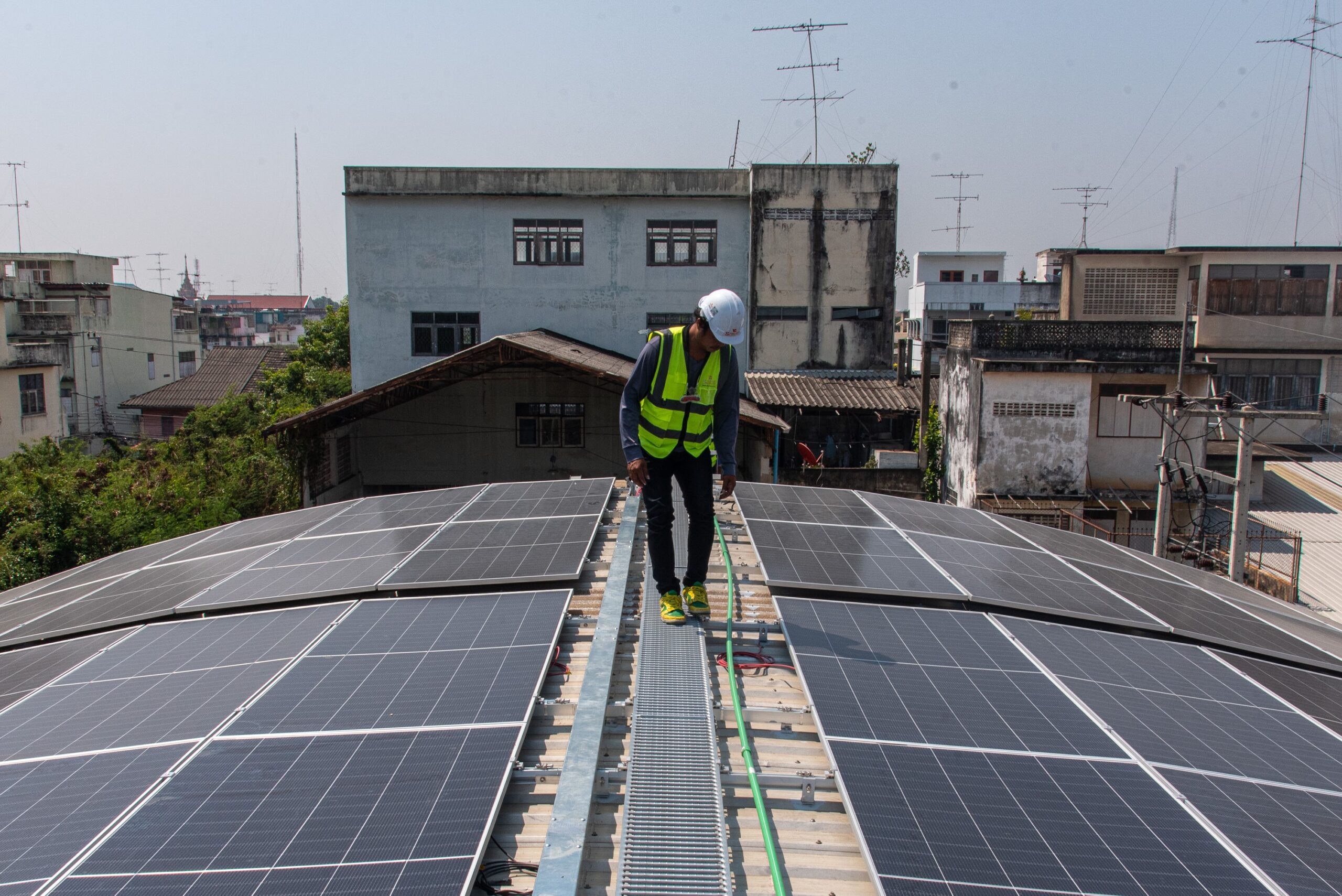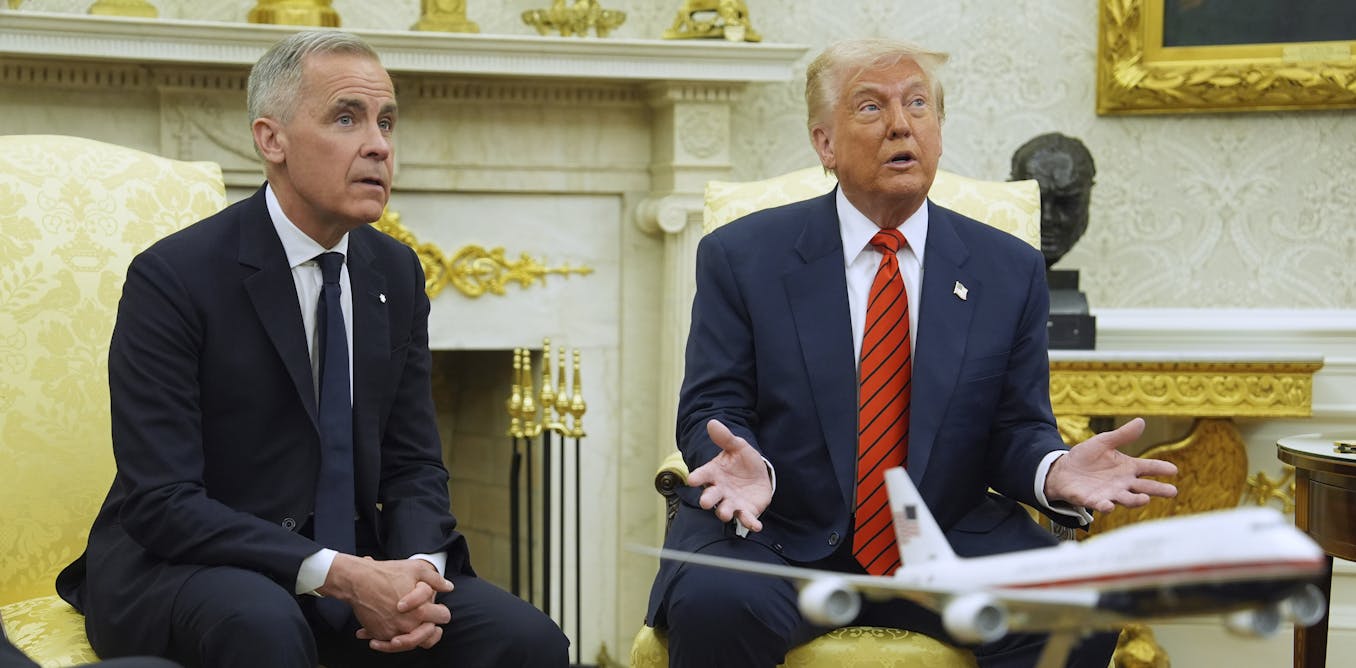Now Reading: Solar squeeze: US tariffs threaten panel production and jobs in Thailand
-
01
Solar squeeze: US tariffs threaten panel production and jobs in Thailand
Solar squeeze: US tariffs threaten panel production and jobs in Thailand

In February, a group of workers gathered at a solar panel factory in Thailand’s Chonburi province, aiming for jobs assembling solar panels for export. Despite the uncertainty of job security due to fluctuating orders, they were drawn to the promise of fair pay. Thailand’s solar industry has now become entangled in a trade conflict between the US and China, causing challenges for Thai solar workers. The industry, dominated by Chinese companies, faces nearly 400% tariffs on exports to the US, impacting manufacturing and employment. However, this trade shift also presents an opportunity for producers to explore new markets and accelerate solar deployment in Southeast Asia.
The US has been imposing tariffs on Chinese solar panel imports for over a decade, citing harm to its domestic industry. China’s solar production expansion globally has led to a significant drop in solar panel costs but has also raised concerns about unfair trade practices. In response, Chinese manufacturers shifted production stages to Southeast Asia, turning the region into a major solar panel assembly hub. However, recent US tariffs on solar imports from Southeast Asian countries have led to suspensions of operations, leaving thousands of workers in Thailand’s solar factories affected.
US trade officials have unveiled substantial tariffs on solar cell imports from Thailand, potentially impacting the industry. The Institute for Energy Economics and Financial Analysis warns that tariffs exceeding 250% could make most Southeast Asian imports unsustainable. The situation has led to suspensions of operations among Chinese companies in the region, with long-term closures expected. Analysts emphasize the need for Thailand’s solar industry to find alternative export markets to mitigate the impact of tariffs.
Thailand’s Eastern Economic Corridor, a key manufacturing zone, has attracted international companies, including leading Chinese solar manufacturers. Despite the initial growth in solar exports to the US, the end of a tariff waiver in 2024 has triggered disruptions in the industry. Workers in Thailand’s solar factories, like Amnat, have faced layoffs and uncertainty due to the changing trade dynamics. While some companies are adjusting operations, others are seeking new markets outside the US to sustain their businesses.
In response to the tariffs, some large Chinese solar companies are exploring production opportunities in Indonesia, Laos, and the Middle East. Analysts suggest redirecting exports to the EU and India in the short term to offset the impact of US tariffs. Thailand’s government aims to increase renewable energy sources, particularly solar, in its energy mix. Local companies are calling for incentives to develop a domestic supply chain and move towards advanced clean energy technologies. Despite the challenges, the industry sees an opportunity to enhance resilience and competitiveness through diversification and innovation.





